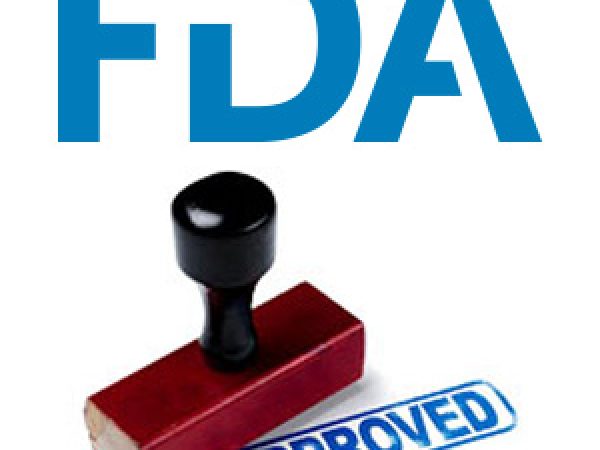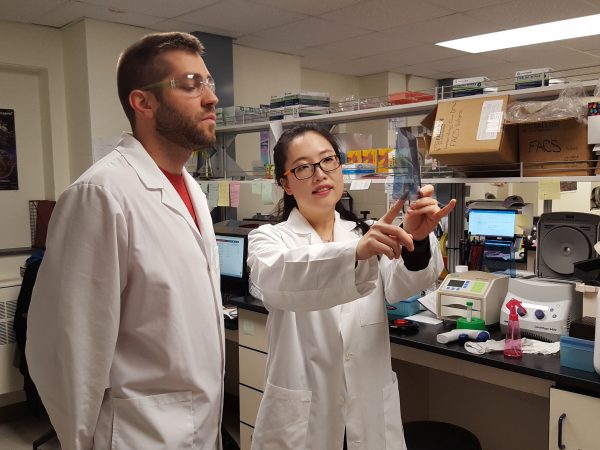FDA Approves New Therapeutic for Treating Certain Soft Tissue Sarcomas
The flurry of anticancer therapeutics approved by the U.S. Food and Drug Administration (FDA) late last month included the approval of trabectedin (Yondelis) for the treatment of certain patients with two types of soft tissue sarcoma, liposarcoma, and leiomyosarcoma. Specifically, trabectedin is approved for treating patients with liposarcoma and leiomyosarcoma that cannot be removed by surgery or that is advanced, and whose cancer has progressed despite treatment with a chemotherapy regimen that includes an anthracycline, such as doxorubicin.

More than 200 researchers convened in Salt Lake City Nov. 3–4, for the AACR Special Conference on The Basic Science of Sarcomas.
This approval is very welcome because patients with advanced soft tissue sarcoma have a poor prognosis; median survival is estimated to be just 12 to 15 months.
Soft tissue sarcomas are a group of cancers that arise in soft tissues of the body, such as the muscles, tendons, fat, blood vessels, lymph vessels, nerves, and tissues around joints. Liposarcomas, which arise in fat cells in any part of the body, but most commonly fat cells in the muscles of the limbs or in the abdomen, and leiomyosarcomas, which arise in smooth muscle cells, most frequently those in the uterus or abdomen, are among the most common forms of soft tissue sarcoma.
Although trabectedin was first isolated from the sea squirt Ecteinascidia turbinata in the 1960s, it wasn’t until 1996 that chemists developed a way to synthetically produce it. This breakthrough allowed the production of sufficient quantities of trabectedin to test its potential as an anticancer therapeutic. How it works to exert its anticancer effects is still not completely clear, although it is thought to interfere with the “reading” of genes, which disrupts several key cellular processes, and to affect cells in the tumor microenvironment.
The FDA approval of trabectedin was based on results from a phase III clinical trial that were published recently in the Journal of Clinical Oncology. Specifically, the fact that trabectedin extended the time before disease progressed compared with the chemotherapeutic agent dacarbazine: The median progression-free survival time for those patients assigned trabectedin was 4.2 months compared with 1.5 months for those assigned dacarbazine.
With lots of exciting new research recently presented at the AACR-organized conference on The Basic Science of Sarcomas, held in Salt Lake City Nov. 3–4, it is only a matter of time before new candidate therapeutics emerge for the estimated 12,000 U.S. patients newly diagnosed with soft tissue sarcoma each year.



